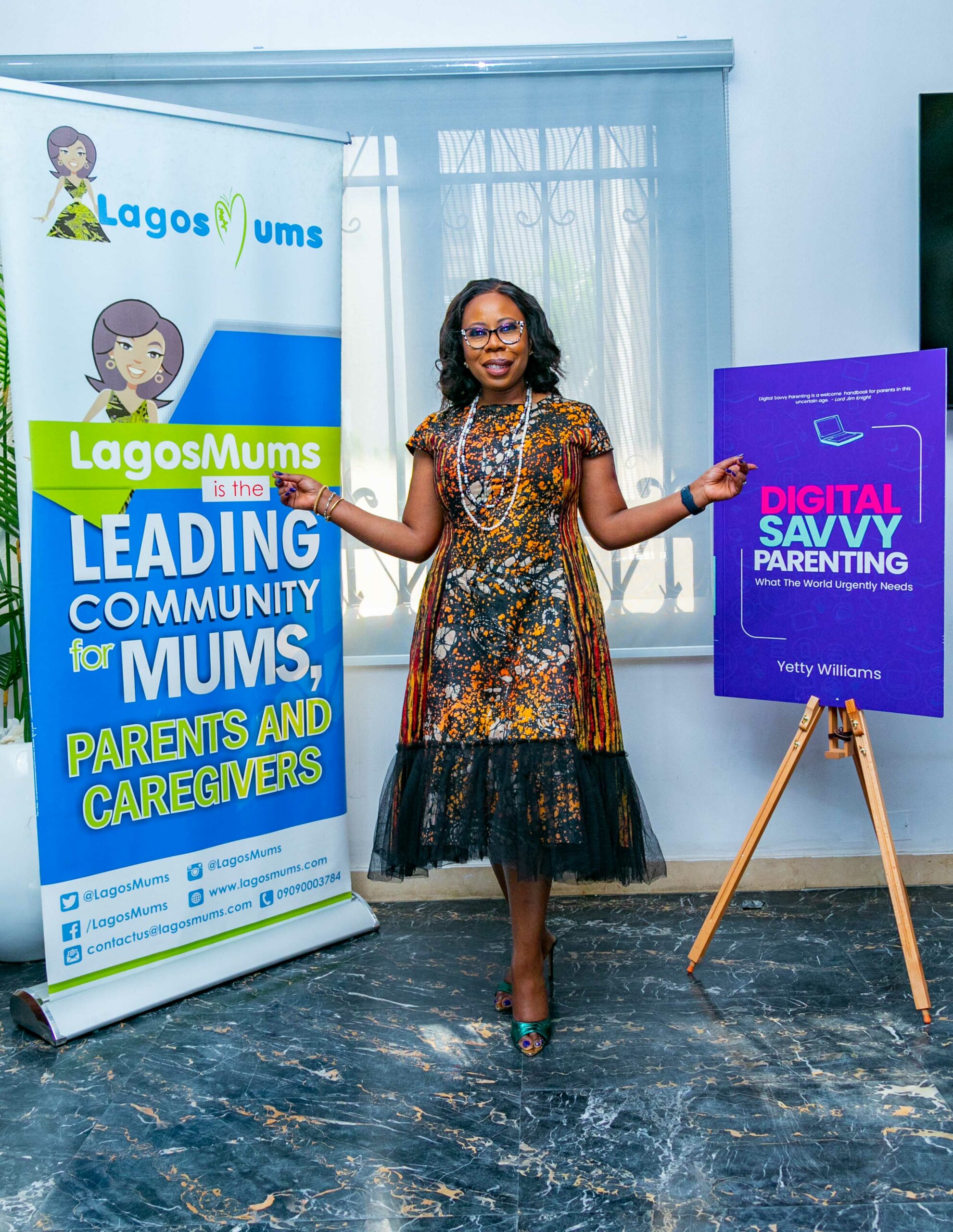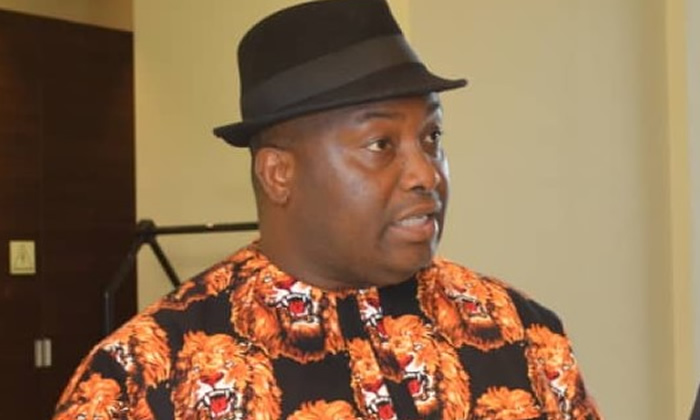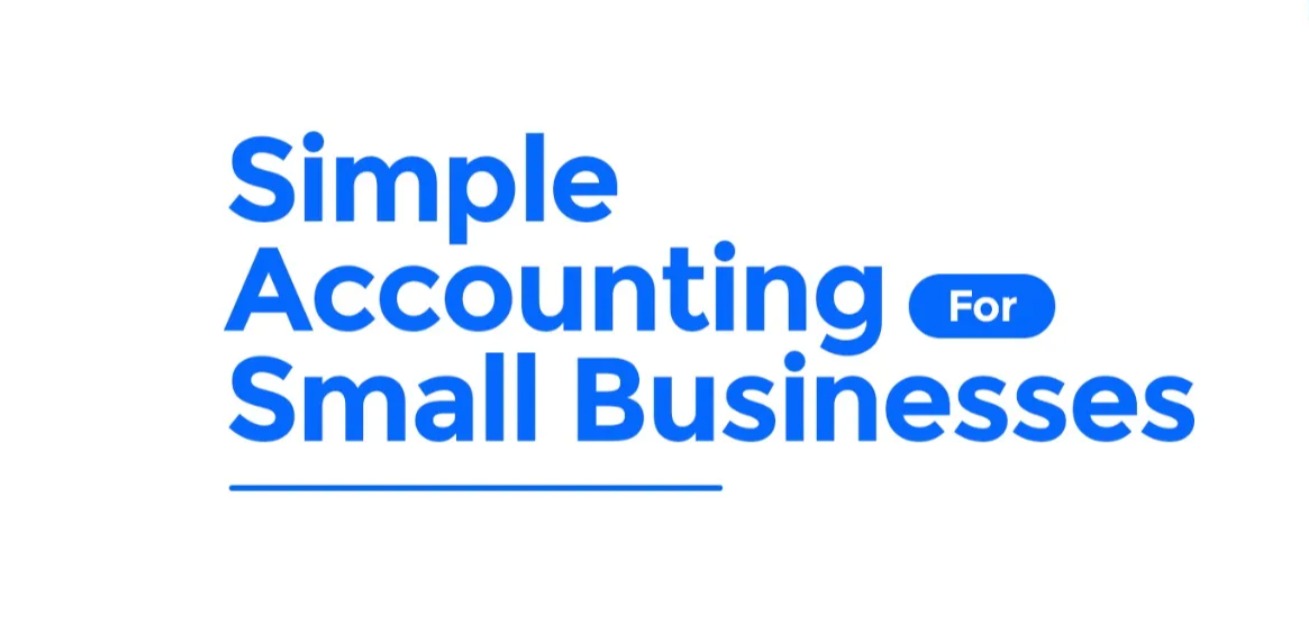
Recently, there has been a rise of independent media, citizen journalists and superstar influencers. There are many causalities to that: one is that the world is seemingly more receptive to those perspectives that were once considered anathema or politically incorrect. There is a hunger for content that is more balanced and cognisant of important nuances. The paradigm shift is tectonic, the media landscape has been completely changed such that people are more likely to believe you especially if you have meticulously built that credibility and consistency. What has any of these got to do with authoring a book? Walk with me.
Different Patterns
We thank God this generation is blessed with so many tools for storytelling. Technology has not only empowered creative storytelling but has also democratised it. So in reality, you have no excuse. We have seen so many people build fame and fortune off social media; some in sensible ways while others in cringe-worthy ways. What this means is that in addition to the option of self-publishing, you can also market your ideas on these micro-blogging or photo-sharing apps. One question that most people ask me is: “What is there to write about?” That retort is borne out of a genuine concern, however, there are always fresh paradigms to look at the same thing. Authoring a book is one of the ways you can take advantage of this era; joining the exclusive club makes you no carry last.
You Will Never Walk Alone!
If you are an aficionado of football or more specifically, the English Premier League, then you know that the banter can be brutal. Rivals fans have no joy for you when your team takes an L, they will drag you on the timeline and cook your faves. Last December, Liverpool FC did something very heartwarming–the club told a story about Isaac. Isaac Kearney is a six-year staunch Kopite who had been diagnosed with a rare genetic disorder, the Wolf-Hirschhorn syndrome, which causes him to develop at a much slower rate than other children his age. To commemorate last year’s International Day of Persons with Disability and also in the spirit of the festive season, Mo Salah and Van Dijk visited Isaac at school, had him over at their training facility and walked out with him as a mascot on their victorious win against Manchester City at Anfield.
Isaac’s story became an instant classic and went viral on the internet with over 200 million views. His knowledge of the club’s chants, players’ names and love for guitar saw a groundswell of support for him. The vignette caused a five-year high in the number of Google searches about Wolf-Hirschhorn syndrome, saw even celebrities offering to create more awareness and encouraged other parents whose children had the same condition to speak out about the challenges of raising children with special needs. That Christmas Day video with Isaac wasn’t so much about football but a POV about one of their own. That’s the power of storytelling; it’s easy to watch a football game and see a stadium full of fans but humanising one special fan was a brilliant idea.
I Go Lie For You?
You see for this life eh, some people sabi drop lamba – even devil sef go shock the way dem dey lie. I remember one hilarious example of storytelling gone wrong; it’s from one of my favourite animated movies – Shark Tale. Oscar-winning actor, Will Smith, plays the character of a mediocre fish, Oscar, who is born in the ghetto part of the Southside Reef. Despite his lofty dreams, he ends up with the same meagre job as his father at a Whale Wash. He takes the money he owes to his boss, Sikes, gambles with it and loses. This makes Sikes mad, tortures him to within an inch of his life and leaves him for dead. Even with his out-sized aspirations, it’s not lost on Oscar that he is at the very bottom of the food chain. So when a shark that was supposed to eat him, is fortuitously killed by a ship’s anchor, Oscar smells blood in the water both literally and metaphorically. He sees that as an opportunity to put his spin on the actual version of events – he would claim that he had somehow killed the shark.
Everybody claims to be a gangster until a real gangster walks into the room. Oscar decides to swim in the deep end; he branded himself as the “shark-slayer” and was enjoying the fame and perks of a local hero until he found out that the dead shark, Frankie, was the son of the mob boss, Don Lino. Believing that Oscar is truly responsible for his son’s death, Don Lino vows to take care of the family business by putting out a hit on Oscar and suddenly the Southside Reef is threatened by great white sharks who have orders to whack their supposed hero. Long story short, Oscar finally musters the courage to tell everyone that he’s not a real shark-slayer and the story about killing Frankie was a lie. It was all hugs and kisses at the end but the movie is a reminder of how dangerous it was to fabricate a story just to get ahead. This generation is particularly skilled in bringing out receipts and picking holes when people are telling a fib. Tell your story as truthfully as you can and refuse the temptation to embellish it because on the one hand, it may bring you opportunities but in the long run it will damage your reputation.
Ghost-writing Na Water
The pain of regret is real. I’m sure looking back at your life, you have a litany of things that you listed in the woulda-shoulda-coulda section of your life. A Chinese proverb says that the best time to plant a tree was ten years ago but the next best time to do so is now. Successful people understand leverage like kilode; they know that we were never designed to do life alone. This is big 2025 and the first month is already racing to an end. Five years ago you made a promise to yourself that you would author a book after surviving the pandemic, what happened to that project? For some of you, it’s not willingness or resources that are holding you back, it’s that cold feet you have developed regarding collaborations – that programming that tells you that you must do everything yourself. It reminds me of some films that I have watched where one person is the lead character, producer, scriptwriter, director, costumier and executive producer.
The first thing a professional ghost-writer gives you is perspective. Most times we tend to believe our own press, which is not necessarily a bad thing but hubris suggests to you that your unrefined thoughts are good enough to share with a global market. The second gift is nuance; I tell clients all the time that it is rarely about their content but their messaging – how they tell their story has to match the audience or target market for which the story is being told. The third gift is efficiency; once you put skin in the game – you can create a timeline for deliverables instead of counting on vibes. Learn to outsource your weaknesses while maximising your strengths; partnerships are a veritable way to exponentially increase your productivity. One thing I am learning now as an adult is that life increasingly becomes consequential – the things you do or don’t do carry an increased amount of gravitas. More than three years ago, I decided to author Hope Is Not A Strategy amidst personal challenges. Today, that remains one of my proudest moments–I birthed something that is still blessing me in more ways than one. Do quick make readers taste your book.
If No Be Excellence, Clients No Go Deal
The cliché is true: authoring a book makes you an authority in some sense. It shows that you not only love what you do but are also knowledgeable enough to document your thoughts and share them with the rest of the world. There is respect for people who add to the body of knowledge; whether it’s your personal story, your successes in business, marriage or public service – having a book with your name on it hits differently. In my experience with HNIs, they typically tend to take more seriously people who take themselves seriously. In order words, the odds are that you’re not someone who will use their patronage as an experimental project – they want to work with someone who they feel knows what he or she is doing and that’s the type of credibility that authoring a book gives you.
Let me put you on the game; most times when I want to get a person’s attention or pitch my services to a prospect – I gift them a copy of my book. The idea is that the way they would view me would be significantly different from the first time we interacted; the plan is not even for them to agree with the contents of my book but to sell my intelligence to them. You could say that books are the new business cards; they speak for you in your absence and where you don’t have the opportunity to do a proper elevator pitch–books work like magic. Don’t buy into the idea that people no longer read; this is my industry I should know better – authors are stacking those coins. You just have to stand out with your presentation by tailoring your thoughts to your demography and doubling down on your marketing campaigns.
Finally, authoring a book is especially helpful for thought leaders who seek to mentor others. Not everyone would be able to afford your private coaching or consulting sessions, your book becomes a low-hanging fruit for your protégés to connect with your ideas. For those who seek to increase top-of-mind awareness of their brands, social media posts won’t do justice to your brilliant ideas–they need to be properly fleshed out with context in a book. Authoring a book is a great way to document your legacy for posterity; biographies are my best because I love seeing the joy in people’s eyes when they get to tell their stories in their lifetimes. Let the world know that you lived, you loved and you left a beautiful legacy behind.
The post Mfonobong Inyang: 2025 is The Year of Storytellers – Here’s a Queue to Writer Yours appeared first on BellaNaija - Showcasing Africa to the world. Read today!.

 15 hours ago
3
15 hours ago
3








.png)








 English (US) ·
English (US) ·